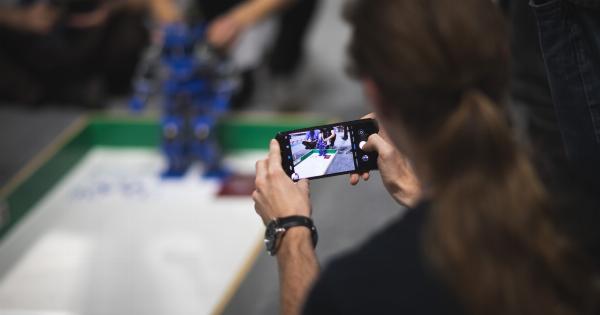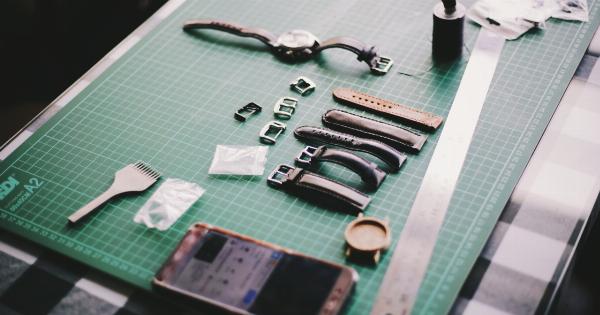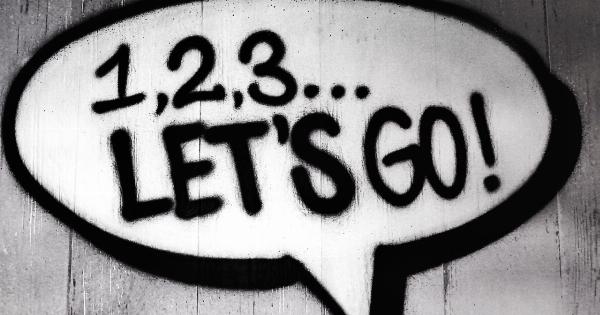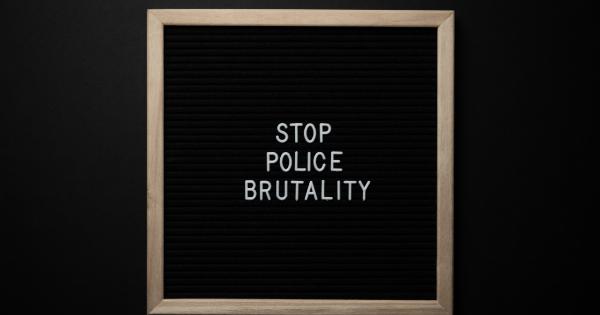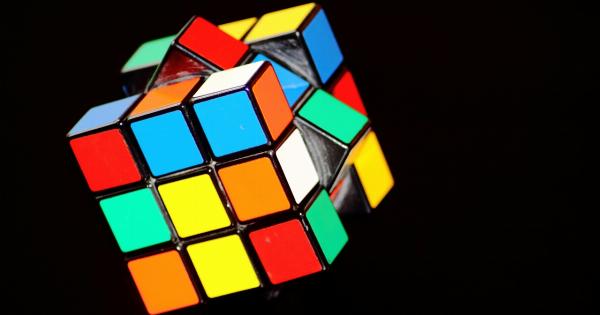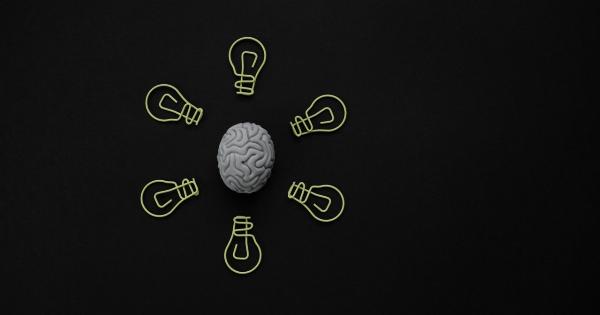Memory is a fascinating aspect of human cognition. It enables us to store and retrieve information, shaping our identities and influencing our decisions. However, memory is not infallible.
It can be influenced by various factors and even intentionally manipulated. One unsettling concept related to memory is the idea of memory holes. In this comprehensive review, we will delve into the unfortunate reality of memory holes, exploring their existence, causes, and potential consequences.
What are Memory Holes?
A memory hole refers to the phenomenon where certain information or memories are lost, forgotten, or intentionally erased from an individual’s memory.
It is as if these memories have vanished into a metaphorical void, leaving behind gaps in one’s recollection. Memory holes can occur due to various reasons, such as trauma, repression, cognitive biases, and external influences.
The Role of Trauma in Memory Holes
Traumatic events often have a profound impact on an individual’s memory. In some cases, the mind may block or repress traumatic memories as a defense mechanism, shielding the person from emotional pain.
This can lead to memory holes, where critical details about the traumatic event are lost or inaccessible. While this can be helpful in the short-term, it may hinder the individual from properly processing and healing from the trauma in the long run.
Cognitive Biases and Memory Distortion
Our memories are not as accurate and objective as we might assume. Cognitive biases, such as confirmation bias and hindsight bias, can distort our memories, leading to memory holes.
Confirmation bias causes us to selectively remember information that confirms our preexisting beliefs, while hindsight bias alters our recollection of past events based on what we now know. These biases can create gaps and omissions in our memory, sometimes without our awareness.
The Influence of External Factors
Memory holes can also be created by external influences, intentionally or unintentionally. Misinformation, propaganda, and manipulation can distort our perception of events and sow doubt in our memories.
In the digital age, where information is abundant and easily accessible, the risk of falling victim to memory holes caused by misleading or fabricated content is higher than ever.
The Impact of Memory Holes on Society
Memory holes can have far-reaching consequences on both individuals and societies. In personal relationships, memory holes can lead to conflicts and misunderstandings, as different parties may have divergent recollections of past events.
In legal contexts, memory holes can pose a significant challenge, as eyewitness testimony and evidence may be unreliable due to memory distortion or manipulation.
On a larger scale, memory holes can have extensive societal implications. They can shape collective memory and historical narratives, influencing the way we understand and interpret the past.
History has witnessed instances where memory holes have been intentionally created for political or ideological purposes, distorting the truth and manipulating public opinion. Recognizing and addressing memory holes is essential for the preservation of an accurate historical record and the advancement of society.
Protecting Against Memory Holes
While memory holes are an unfortunate reality, there are steps individuals and societies can take to mitigate their effects.
Developing critical thinking skills, cultivating a habit of questioning and verifying information, and seeking diverse perspectives can help guard against memory distortion caused by cognitive biases and external influences. Furthermore, creating reliable documentation, preserving historical records, and encouraging open dialogue can contribute to a more accurate collective memory.
The Ethical Implications of Memory Manipulation
Intentional memory manipulation raises ethical concerns. The ability to erase or implant memories has profound implications for personal autonomy, consent, and the integrity of an individual’s narrative.
In the realm of memory manipulation, questions of moral responsibility and the potential for abuse inevitably arise. It is crucial to establish ethical guidelines and regulations surrounding memory manipulation to ensure its responsible and ethical use.
Conclusion
Memory holes, while unfortunate, are an undeniable aspect of human memory. Understanding their existence, causes, and consequences is essential for safeguarding individual and collective memories.
By acknowledging the fallibility and vulnerabilities of our memories, we can strive to protect against memory distortion and manipulation, ultimately fostering a more honest and accurate understanding of ourselves and the world around us.




